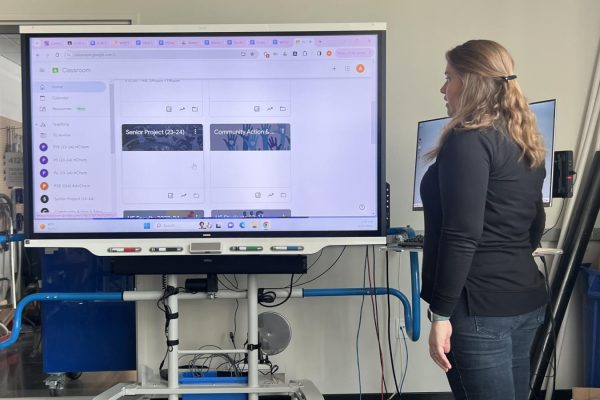As the mid-semester checkpoint approaches, a day off for students was converted into an opportunity to continue developing skills in an unconventional way. For the first time, students took charge of leading advisor conferences. The shift aimed to help students grow leadership skills by taking initiative in their academics. ![]()
Junior Harper Glass saw the new policy as a positive change.
“I think it’ll be good to be able to speak to my parents and my advisor at the same time and for them to be on the same page and know all about my school and just how I’m doing,” she said.
However, for seniors preparing for their high school departure, the new policy may have a smaller effect than intended.
“I don’t see myself getting a whole lot out of it because I’m basically already done,” senior Elijah Peres said. “Conferences at this point don’t really matter to me.”
Among younger stu- dents, the initial change sparked questions and concerns, as they did not know what to expect.
“I kind of freaked out… I was a little bit upset because there [are] no more teachers to say anything nice,” sophomore Fletcher Coblentz said. “I want to represent [myself] well.”
Though challenging, the change was an opportunity for younger students. Coblentz acknowledged the benefits of the new conferences: “I’ll probably pay better attention to my teacher’s comments … It’ll probably force me to be a little more organized,” he said.

As a part of the conferences, students worked with their advisories to prepare for their new role. Advisories engaged in group conversation rather than working alone with advisors to lessen students’ concerns. During two Wednesday advisories, students received a “script” with topics to cover during parent-teacher conferences and set goals for themselves.
Ultimately, students’ views varied, with some embracing the opportunity and others dreading it. Conferences took place on Mar. 1.